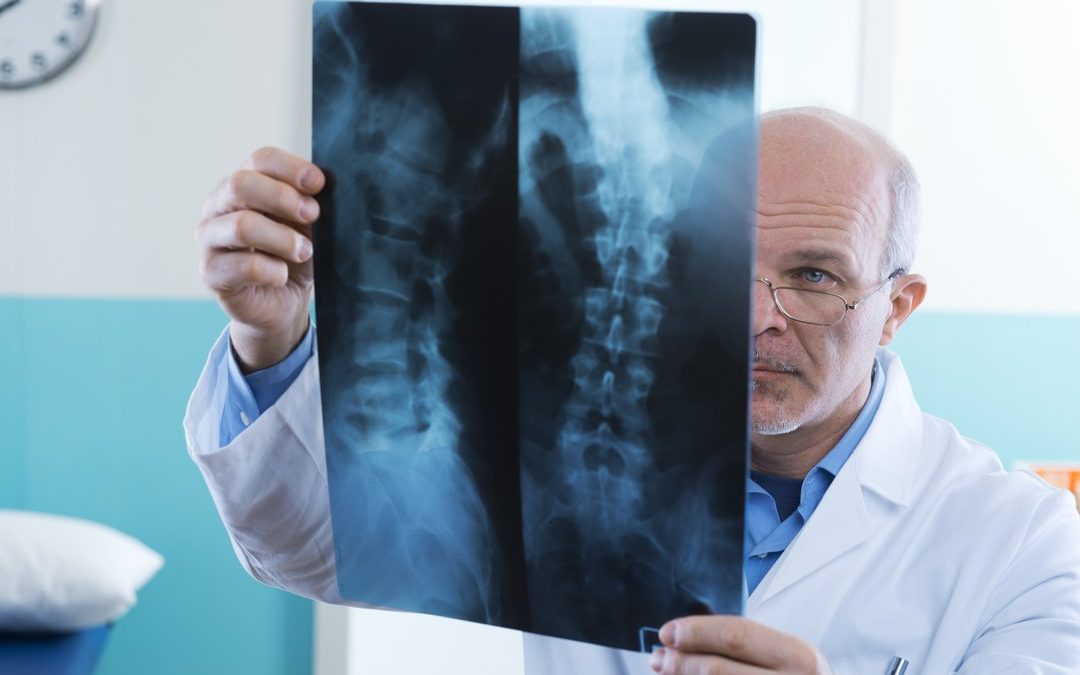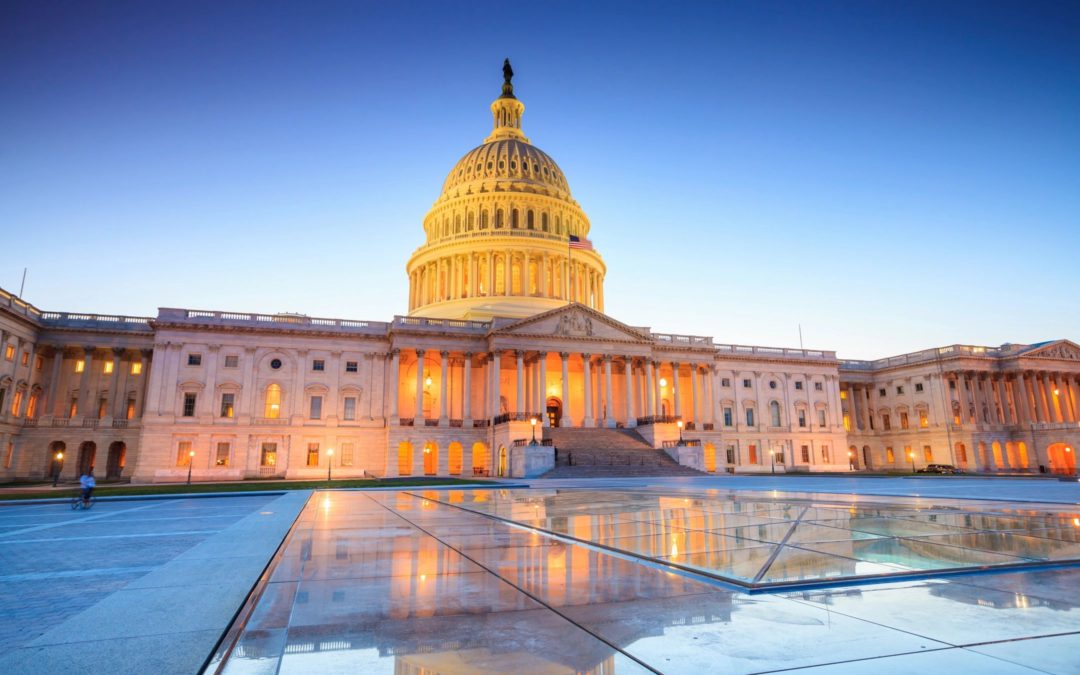
by Joseph Beauchamp | Oct 4, 2017 | Final Written Decisions, PTAB Trial Basics
By Albert Liou and Joe Beauchamp The PTAB’s recent final written decision denying a finding of unpatentability in ABS Global, Inc. v. Inguran, LLC, Case IPR2016-00927, Paper 33 (PTAB Oct. 2, 2017) highlights the importance of obtaining affidavit evidence to prove...

by Jones Day's PTAB Team | Jul 25, 2017 | Final Written Decisions, PTAB News
By Christian Damon The ITC recently continued its trend of giving little deference to parallel PTAB IPR proceedings. In Certain Network Devices, Related Software and Components Thereof (II), Inv. No. 337-TA-945, the ITC denied a request to suspend or rescind a...

by David Cochran | Jul 21, 2017 | Final Written Decisions
By Jaime Choi Ph.D. and Dave Cochran The patent statute requires the Patent Trial and Appeal Board (PTAB) to issue a final written decision within one year of instituting an Inter Partes Review (IPR). The recent case of Petroleum Geo-Services Inc. v. Westerngeo LLC...

by Greg Castanias | May 26, 2017 | Federal Circuit Appeal, Final Written Decisions, PTAB News
By Greg Castanias On Monday, May 22, the United States Supreme Court agreed to review the Federal Circuit’s decision in SAS Institute Inc. v. Lee, No. 16-969. The petition for certiorari, which was filed by Jones Day lawyers Greg Castanias, John Marlott, and Dave...

by Cary Miller | Apr 24, 2017 | Final Written Decisions, Pharmaceutical
By Unmesh Shah, Ph.D. and Cary Miller, Ph.D. Allergan is typically the patent holder in these types of disputes, however, it recently successfully played the role of petitioner in an IPR against 1474791 Ontario Ltd.’s U.S. Patent No. 6,806,251 covering the use of...

by Greg Castanias | Apr 19, 2017 | Final Written Decisions
By Richard A. Graham and Gregory A. Castanias Who makes the country’s patent laws—Congress, or the Patent Office? A recent petition for certiorari filed by SAS Institute, Inc.—represented by a team of Jones Day lawyers—asks the Supreme Court to decide that question...







